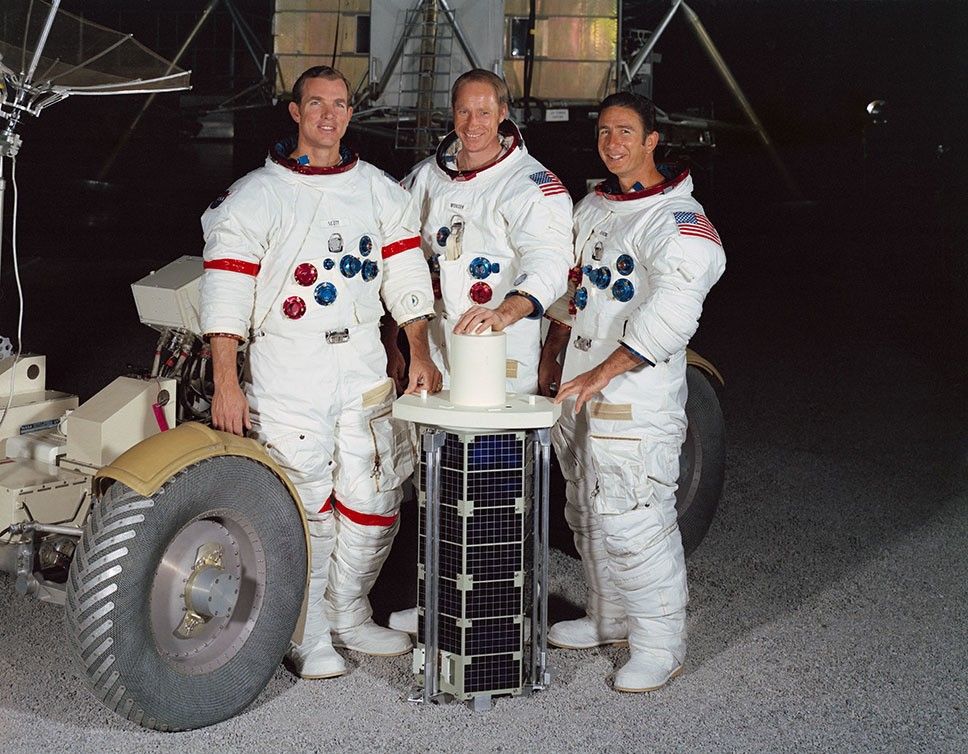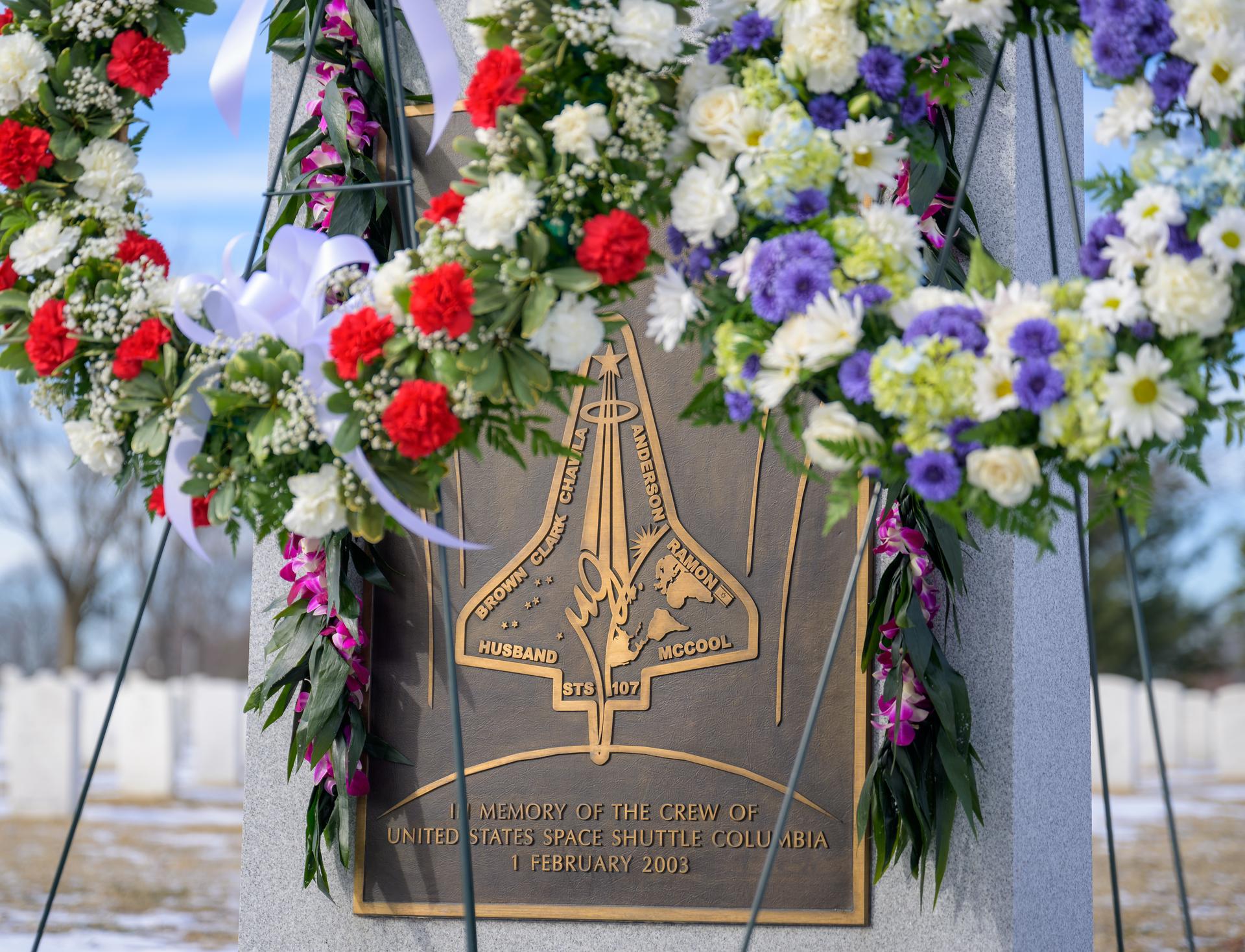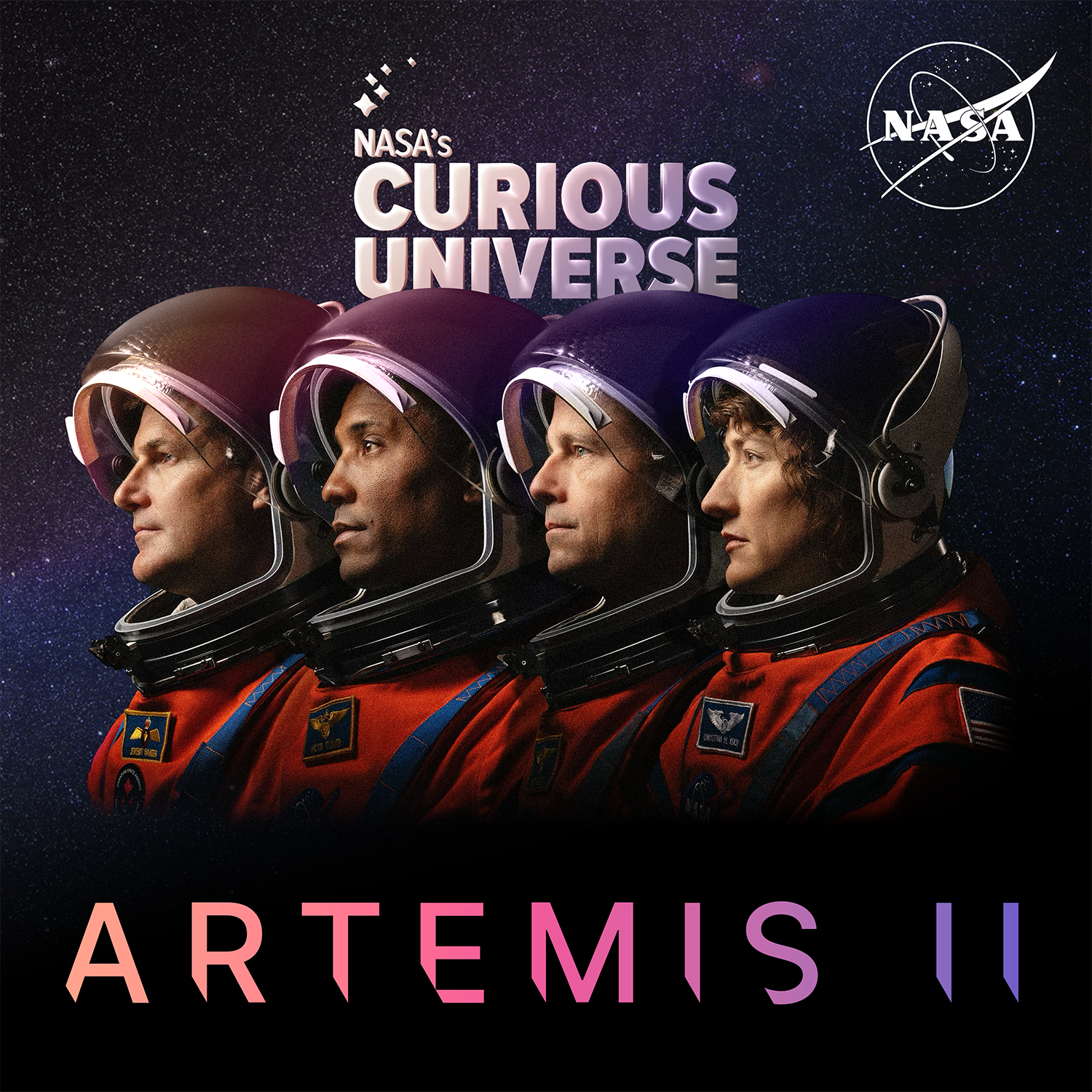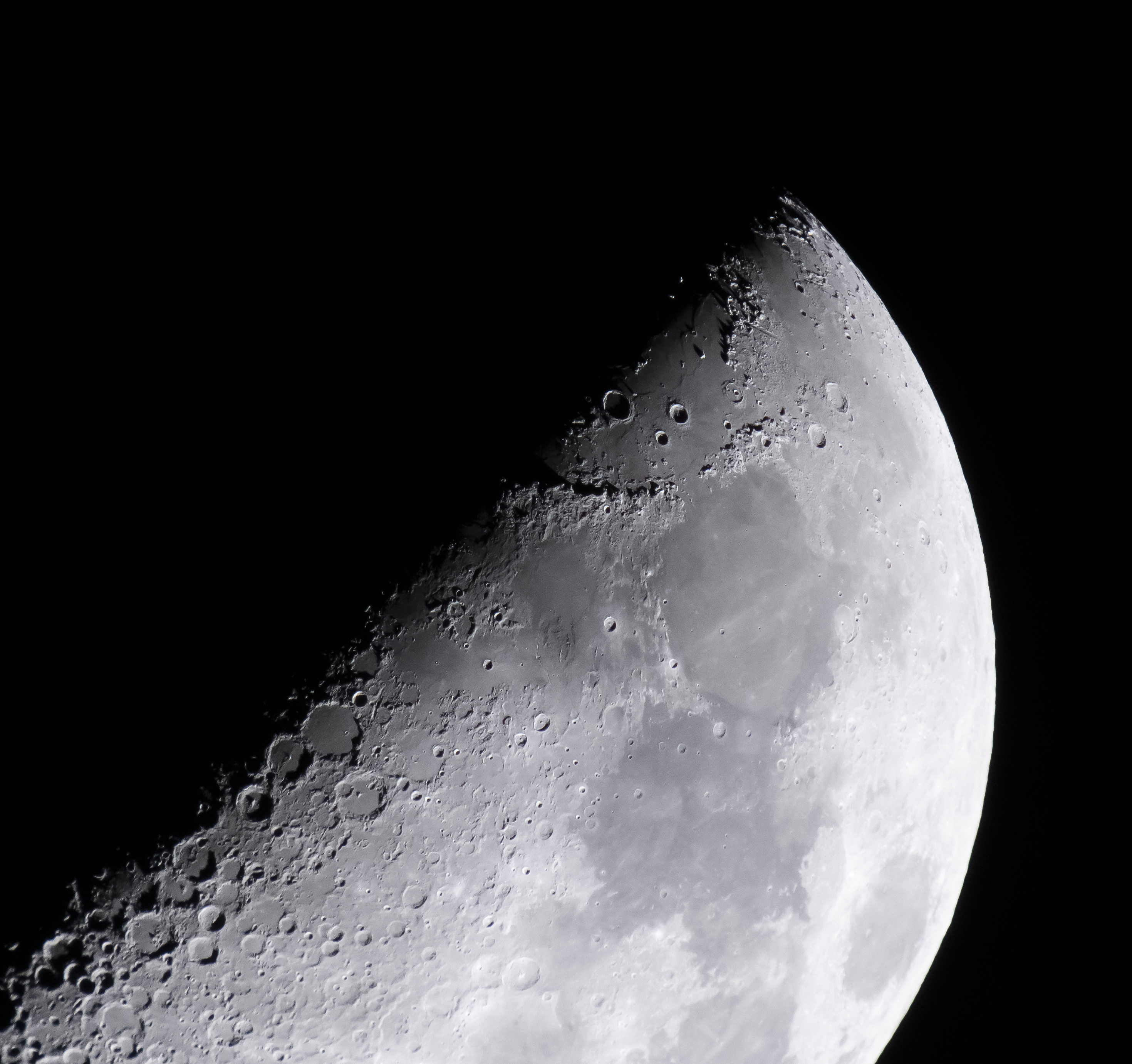Apollo 15 Subsatellite
Type
Launch
Target
Objective
| Launch Date | Aug. 4, 1971 |
| Launch Site | Cape Canaveral, Florida, USA | Launch Complex 39A |
| Destination | Earth’s Moon |
| Type | Orbiter |
| Status | Successful |
| Nation | United States |
| Alternate Names | 1971-063D, P + F S, Apollo 15D, PFS-1, Particles and Fields Subsatellite, 05377 |
Goals
The spacecraft's main objectives were to study the plasma, particle and magnetic-field environment of the Moon and map the lunar gravity field.
Accomplishments
The subsatellite, deployed by the Apollo 15 crew shortly before they left lunar orbit, provided about six months of data coverage before electronics failures in February 1972 caused the loss of most of the data channels. Nevertheless, all mission objectives were fulfilled. Measurements supported Explorer 35's finding that the Moon acts as a physical barrier to the solar wind, creating a "hole" in the flow of charged particles.
In Depth
This small satellite was deployed by the Apollo 15 crew shortly before leaving lunar orbit. The probe was designed around a 35.6-centimeter-diameter hexagonal structure that was equipped with three instrument booms. Power supply came from solar panels and chemical batteries.
The instruments measured the strength and direction of interplanetary and terrestrial magnetic fields, detected variations in the lunar gravity field, and measured proton and electron flux. The satellite confirmed Explorer 35's finding that while Earth's magnetic field deflects the incoming solar wind into a tail, the Moon acts as a physical barrier due to its weak field and creates a "hole" in the wind.
An electronic failure on Feb. 3, 1972 formally ended the mission. Although it originally had a one-year design life, all mission objectives were fulfilled.
Spacecraft
Launch Vehicle: Saturn V
Spacecraft Mass: 35.6 kilograms
Spacecraft Instruments
- magnetometer
- S-band transponder
- charged-particle detectors
Additional Resources
National Space Science Data Center Master Catalog: Apollo 15 Subsatellite
Source
Siddiqi, Asif A. Beyond Earth: A Chronicle of Deep Space Exploration, 1958-2016. NASA History Program Office, 2018.






































